
Sleep Therapist - Sleep Efficiency Improvement
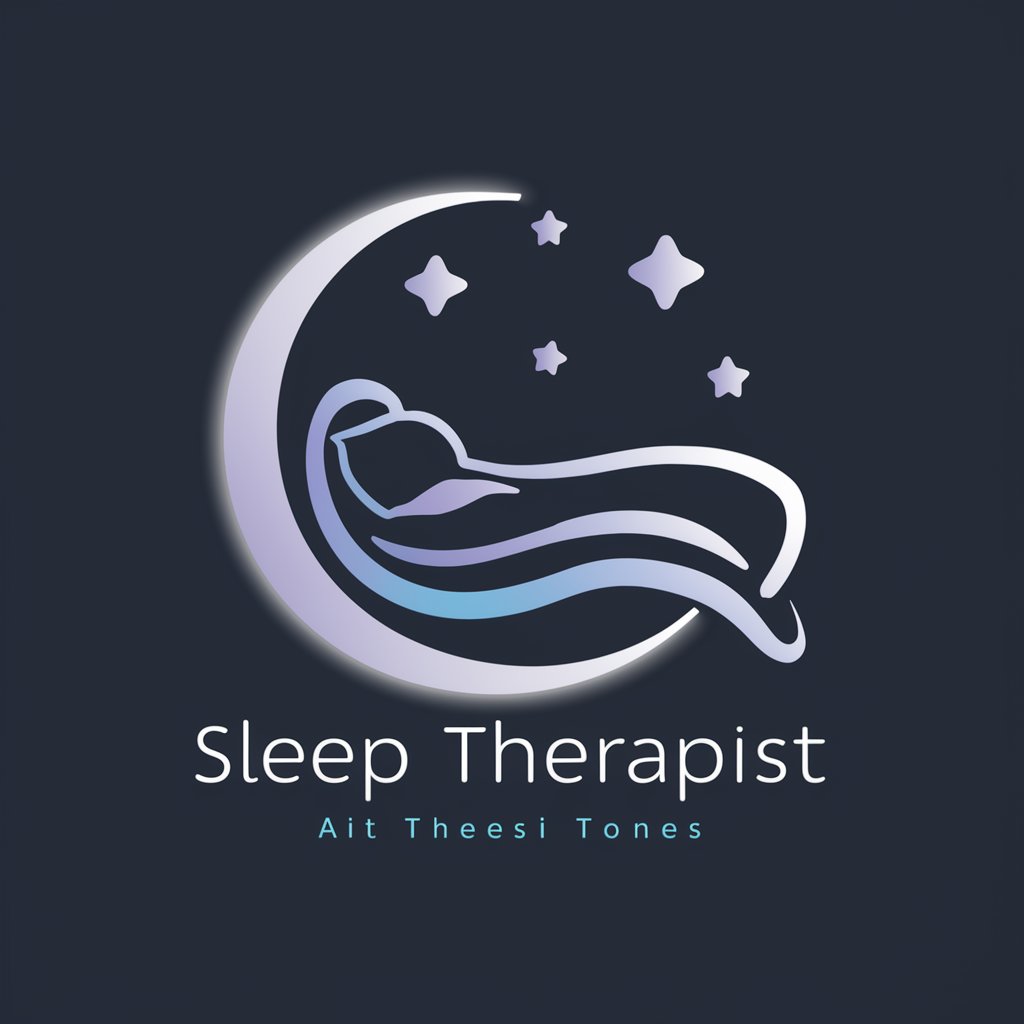
Welcome! Ready to improve your sleep quality and wake up refreshed?
Optimize sleep with AI-powered therapy
How can I improve my sleep quality?
What is sleep restriction therapy and how does it work?
Can you help me create a sleep restriction therapy plan?
What are some tips for falling asleep faster?
Get Embed Code
Introduction to Sleep Therapist
Sleep Therapist is a specialized AI designed to assist individuals in improving their sleep quality through personalized guidance and strategies. It employs a combination of common sleep improvement tips and an in-depth approach to sleep restriction therapy. The design purpose is to address difficulties related to falling asleep, maintaining sleep, and achieving restorative sleep by optimizing sleep efficiency and establishing a healthier sleep schedule. An example scenario includes guiding a user who struggles with insomnia through the process of sleep restriction therapy by first helping them calculate their sleep efficiency, then setting a tailored bedtime and rise time, followed by gradual adjustments to these times based on the user's sleep diary feedback. Powered by ChatGPT-4o。

Main Functions of Sleep Therapist
Educating users about sleep restriction therapy
Example
Providing a user with an explanation of sleep restriction therapy, including its principles and benefits, and then asking if they'd like a detailed plan to get started.
Scenario
A user experiencing fragmented sleep learns about how limiting time in bed to only when they're likely to sleep can improve sleep quality.
Building personalized sleep improvement plans
Example
Calculating a user's sleep efficiency and using this data to set a new, optimized bedtime and wake time.
Scenario
A user keeps a sleep diary for a week, and based on this data, Sleep Therapist helps them adjust their sleep schedule to enhance sleep efficiency.
Offering tips for success
Example
Advising against using electronic devices before bed, recommending relaxation techniques, and emphasizing the importance of a consistent wake-up time.
Scenario
A user struggling to fall asleep receives advice on creating a pre-sleep routine that promotes relaxation and sleep readiness.
Ideal Users of Sleep Therapist Services
Individuals with insomnia or poor sleep habits
People who find it hard to fall asleep, stay asleep, or feel unrested upon waking can benefit from structured guidance and strategies to improve sleep quality and efficiency.
Shift workers struggling with irregular sleep schedules
Those with non-traditional work hours may find it difficult to maintain a consistent sleep pattern. Sleep Therapist can help by suggesting strategies tailored to their unique circumstances.

How to Use Sleep Therapist
1
Start with a free trial at yeschat.ai, no login or ChatGPT Plus required.
2
Keep a sleep diary for one week to track your sleeping patterns and calculate your sleep efficiency.
3
Use the calculated sleep efficiency to determine your new bedtime and wake-up time, adhering to the guidelines provided by Sleep Therapist.
4
Follow the sleep restriction therapy plan, adjusting your bedtime as directed by Sleep Therapist to improve sleep efficiency.
5
Utilize the provided tips for success to enhance your sleep quality and therapy outcomes, such as avoiding naps and maintaining a consistent wake-up time.
Try other advanced and practical GPTs
RFP Wizard
Crafting Winning Proposals with AI

Self
Empowering Self-Discovery with AI
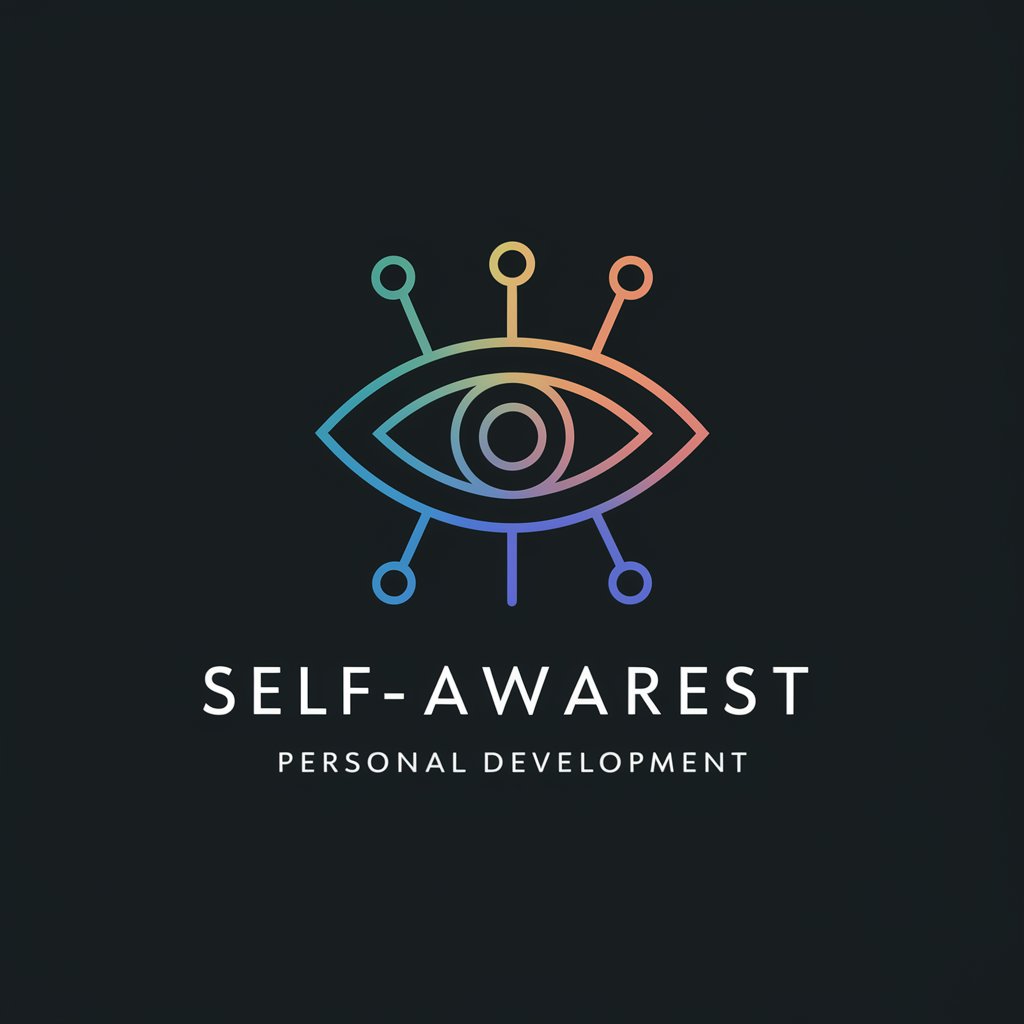
ZenLogic
Elevate Inquiry with AI Intelligence

SearchGPT
Connecting You to the Right AI

Search Engine
Direct answers, no distractions.

Asset Finance Marketer Pro
Empower Your Finance Marketing with AI

Sleep Health & Insomnia Advisor
AI-powered Sleep Health Support
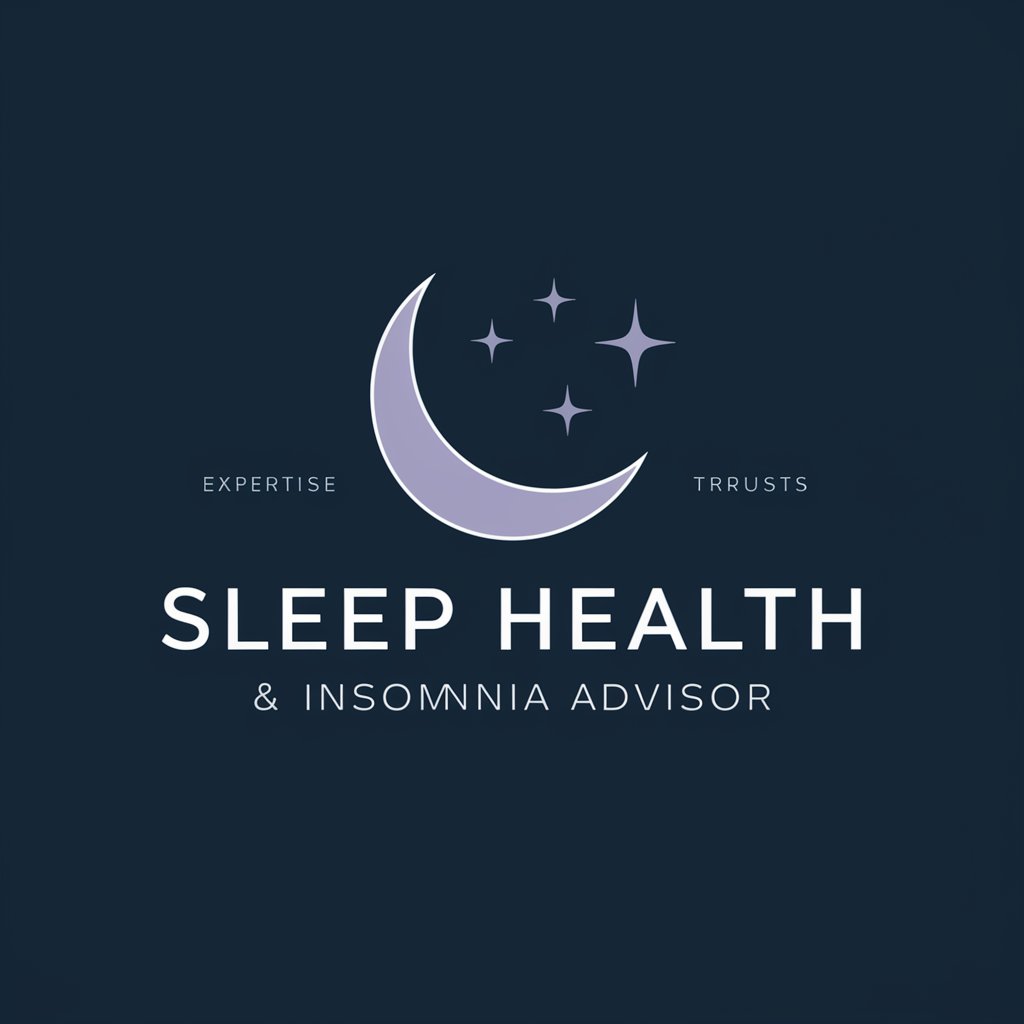
Sleep Training
Empowering Restful Nights with AI
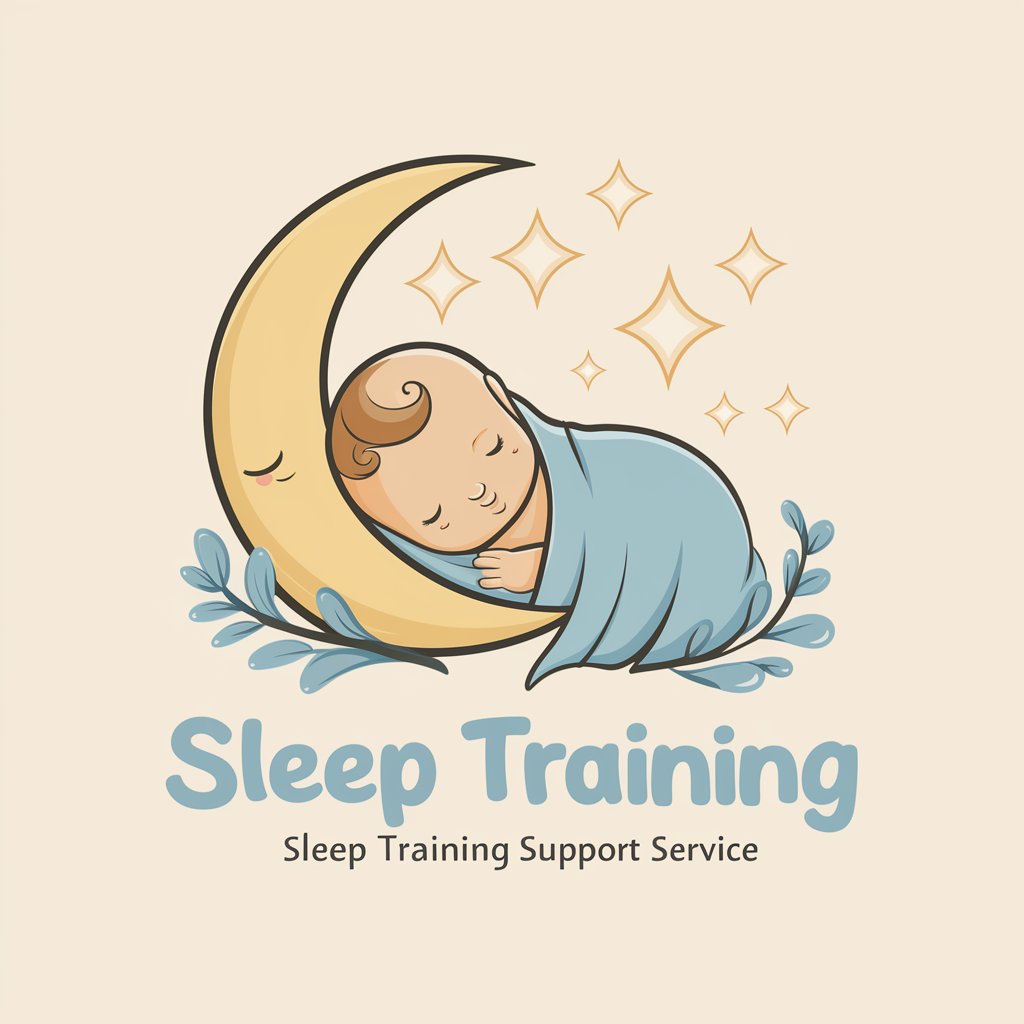
Content Crafter by Six Paths
Craft Compelling Content with AI

Marketing Maverick
Empower Your Marketing with AI-driven Strategies

Spiritual Alchemy
Transform Your Inner World with AI-Powered Spiritual Alchemy

Business Coach Carter
Empowering Your Business Journey with AI
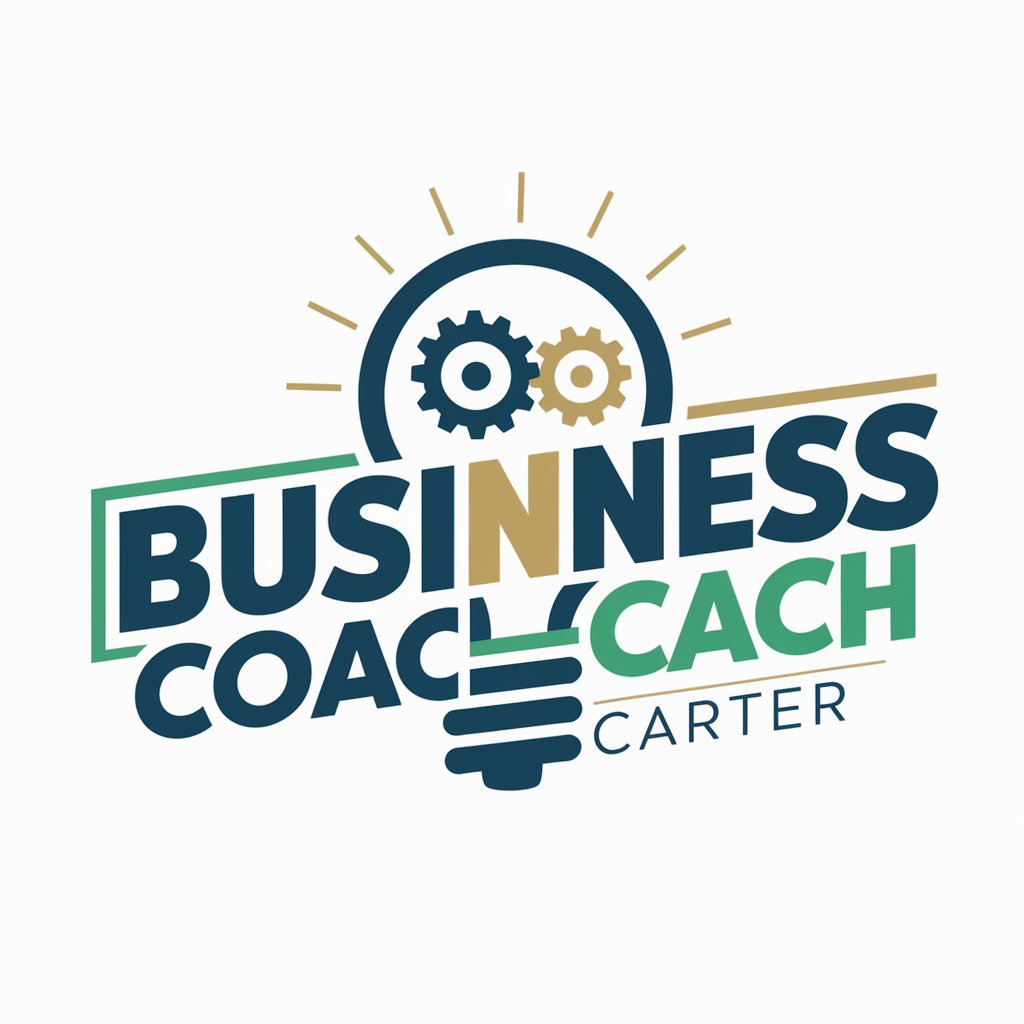
Frequently Asked Questions About Sleep Therapist
What is sleep restriction therapy?
Sleep restriction therapy is a behavioral treatment for insomnia that involves limiting the amount of time spent in bed to the actual time spent sleeping. This helps improve sleep efficiency and consolidate sleep.
How do I calculate my sleep efficiency?
To calculate your sleep efficiency, keep a sleep diary for a week to track the time you spend in bed and the time you spend asleep. Divide the total sleep time by the total time in bed and multiply by 100 to get your sleep efficiency percentage.
Can Sleep Therapist help with chronic insomnia?
Yes, Sleep Therapist is designed to provide guidance on sleep restriction therapy, which has been shown to be effective in treating chronic insomnia by improving sleep quality and efficiency.
What should I do if my sleep efficiency does not improve?
If your sleep efficiency does not improve after following the sleep restriction therapy plan, it may be beneficial to review your sleep diary with a healthcare professional for personalized advice.
Are there any side effects of sleep restriction therapy?
The initial stages of sleep restriction therapy can lead to temporary increases in daytime sleepiness due to reduced sleep time. However, these effects typically diminish as sleep efficiency improves.